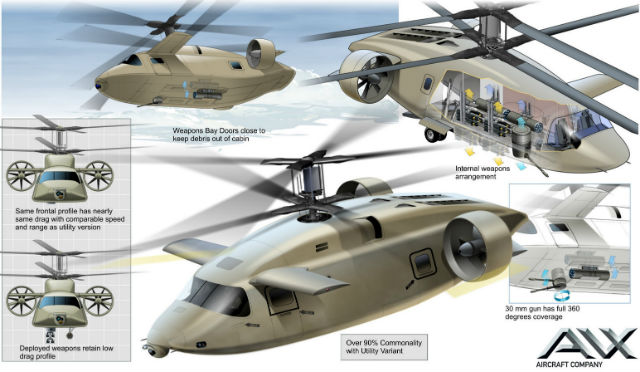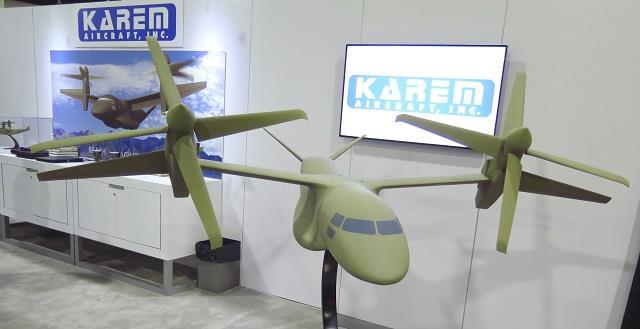Commercial airlines = Boeing and Airbus. China has spent billions trying to make a competitor and it's gotten them nowhere.
Let's look at the current suppliers of the US air force:
F15 -> McDonnell (Acquiring by Boeing)
F16 -> General Dynamics
F-18 -> McDonnell + Northrop Gruman collab
F-18 Superhornet -> Boeing
F-22 -> Lockheed Martin
F-35 -> Lockheed Martin
A-10 -> Fairchild Republic -> (Acquired by M7 Aerospace)
AC-130 -> Lockheed
B-1 Lancer -> Rockwell
B-2 Spirit -> Northrop Gruman
B-52 -> Boeing
RC-135 -> L3 Tech
E-9 -> Bombadier
PC-12 -> Pilatus
C-12 -> Beechcraft
Drones like MQ-9 and MQ-1 -> General Atomics
12 Contractors, and I haven't named some of the other ones. The big 3 are Lockheed, Northrop and Boeing. Lockheed specialize in Stealth Fighters, Boeing in 4th gen and tankers, Northrop specialize in Strategic bombers. This is just for the air force.
Let's move to Helicopters because this is a great example
https://en.wikipedia.org/wiki/Future_Vertical_Lift
If you look at the people who bid for this project, 7 different companies put forward a prototype for a helicopter to replace the Black Hawks.
Navy wise, there are so many contractors it's not worth me even listing them all but the big ones:
Arleigh Burkes are being built by two different contractors -> Ingalls and Bath Iron Works. The original program had 7 bids.
Constellation Class was won by an Italian Company -> 6 bids.
Aircraft Carriers is a bit of a monopoly, because the institutional knowledge required is gigantic and only one company really has the knowledge to build them- > Newport News Shipbuilding which is in partnership with Northrop.
Army Vehicles there are so many contractors of different nationalities it's not really worth me going into:
But even BAE have a big presence here.
This is ignoring other gigantic players in the market like Dassault, Raytheon, Leonardo, HII, Leidos, General Electric, Rhinemettal (Awkward one here) who build cheaper price per unit items (like MRAP's are built by Oshkosh which don't make the headlines but the US has ordered like 50,000 of them).





